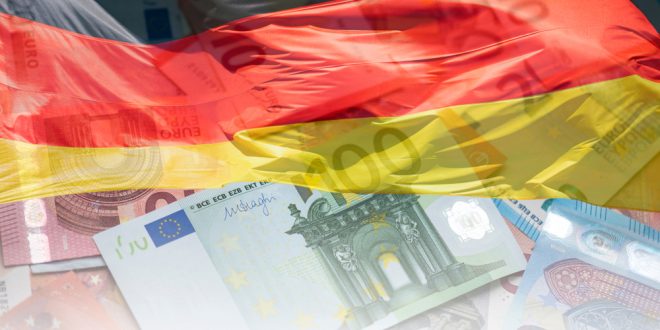Data on Friday showed that the German economy slowed in the first quarter, as higher exports and capital investment offset a decline in government and household consumption.
The Federal Statistics Office said the gross domestic product was unchanged on a quarterly basis. Analysts polled by Reuters had expected growth of 0.2 percent.
The German economy contracted by an adjusted rate of 0.5 percent in the last quarter of 2022 compared to the third quarter, which caused renewed fears of a technical recession, which is a recession that occurs when two consecutive quarters of contraction are recorded.
The International Monetary Fund predicted a recession in Germany and also predicted a 0.1 percent GDP contraction in 2023, while other economies in the euro zone expected growth.
The German government described the International Monetary Fund’s forecasts as “very cautious” and predicted that the euro zone’s largest economies would escape recession by a narrow margin.
The German government raised its forecast for economic growth for this year to 0.4 percent from 0.2 percent forecast earlier, according to its spring economic forecast released on Wednesday.
“A gradual recovery is taking place despite the continuing difficult environment,” German Economy Minister Robert Habeck said. An acceleration in growth is expected after the first quarter.
 Noor Trends News, Technical Analysis, Educational Tools and Recommendations
Noor Trends News, Technical Analysis, Educational Tools and Recommendations





